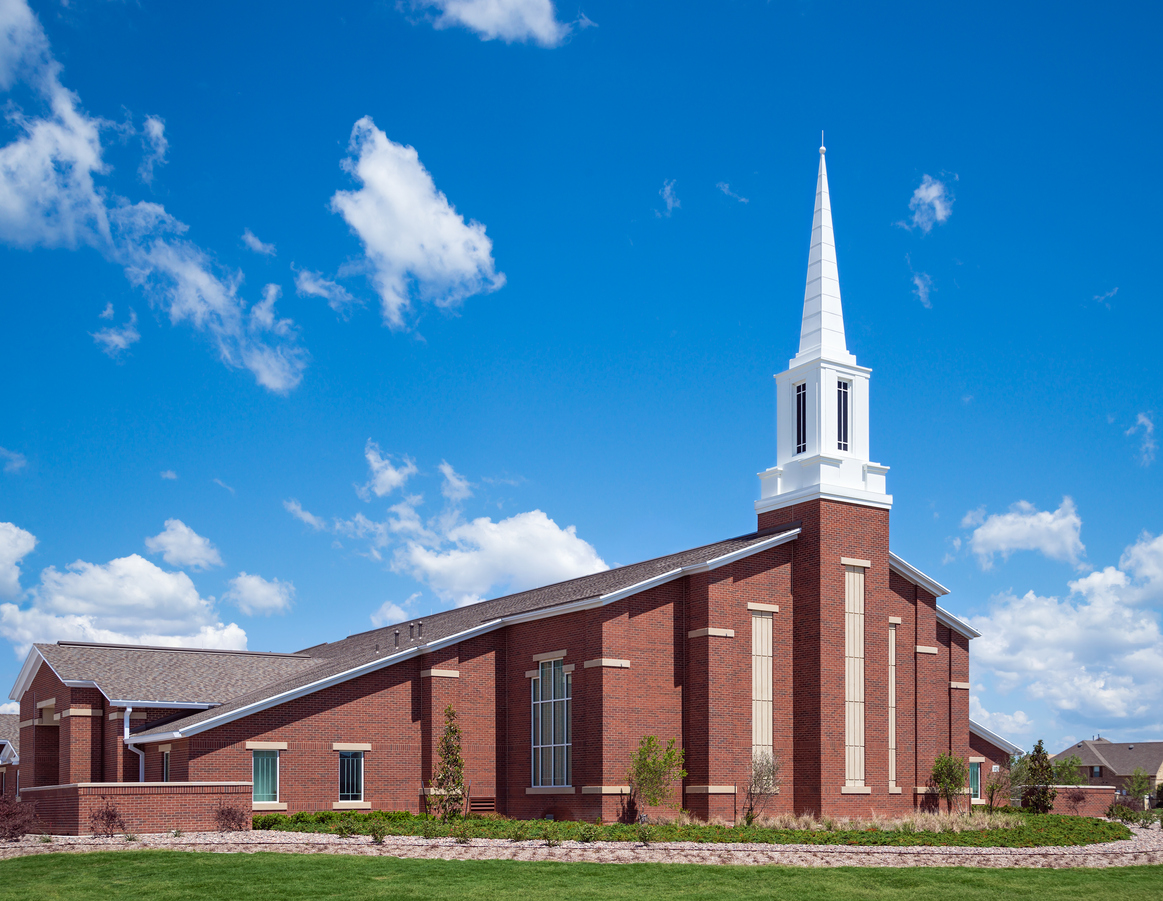When the topic of safety comes up, everyone is all on board for it. When it comes to a church background check policy, it can seem contrary to the “Christian Way,” but I beg to differ as it actually reinforces our commitment to 1 Corinthians 10:31 and doing all things well for the glory of God. Just how often should churches do background checks? We are glad you asked.
Conducting background checks on staff and church volunteers helps protect what matters most: people. Anyone who interacts with people as an extension of your church needs a background check.
For your consideration, but certainly not limited to:
- Onboarding new staff: background check
- Deacons: background check
- Small group leaders: background check
- Fall carnival volunteers: background check
- Live Nativity play: background check
- VBS volunteers: background check
- Youth group chaperones: background check
- Sunday School teachers: background check
- Nursery workers: background check
- Parking lot greeters: background check
- Seniors van driver: background check
Note: Since the church has a legal obligation to protect children, they must abide by Fair Credit Reporting Act regulations when screening volunteers. Before the screening, the church must notify volunteer candidates of required assessments contingent on becoming a volunteer, per the FCRA. Any background checks, drug screenings, or other qualifying tests for volunteering must be disclosed to the volunteer and consented to in writing.
How often should you do background checks?
We’d recommend at least annual, if not quarterly. Here’s why: your church is easily sectioned by quarters- the beginning of the year into spring into summer, and then fall with the end of the year holidays. Unfortunately, people do make mistakes causing their status to change from clear to disqualified, and this matters when it pertains to serving a church body as volunteers, lay leaders, and staff. It makes perfect sense to create a renewal process to ensure protection is ongoing so that nothing falls through the cracks with your high safety standards and commitment.
Note: There is no legal precedent regarding how often a background check should be run, but some insurance carriers will deny coverage unless churches repeat background checks every 12 months. We encourage you to check with your local jurisdiction in order to satisfy the requirements of how often background checks should be done.
Just how far back do church background checks go?
The lookback period answer varies significantly depending on the type of background screening and the geographic location, but typically seven years. Criminal records may be visible as long as the offense is still on record. While churches must not disqualify candidates based on race, religion, disability, genetic information, or sex, they have more discretion when evaluating crimes involving theft, finances, or substance convictions.
Note: We strongly recommend that the Nationwide Criminal Database be run in conjunction with a County Criminal Database Search. In addition, the Fair Credit Reporting Act (FCRA) dictates that any records found in the course of a database search must be verified at the court level. This is done by running the County Criminal Database Search.
What if a report should reveal a criminal history?
To stay consistent, define rules if a background check report reveals a history that could negatively impact someone’s volunteer status.
Your screening policy should also outline these considerations in detail:
- The amount of time passed since the event.
- The nature and severity of the event.
- The relevancy of the event to the volunteer duties.
- The overall character of the volunteer.
- Any rehabilitation efforts made.
Note: As a best practice, keep a record of why volunteers were turned down and accepted.
Your church is filled with wonderful people and families who gather in-person and online to worship each week. Your staff works hard to manage your church and equip those volunteers who serve in your ministries. While it can feel uncomfortable or odd to run background checks on people you have close relationships with, it shows your dedication to their safety and well-being. Lessen the chance of broken trust within the congregation and community by conducting recurring background checks. This mitigates risks when hiring new staff, recruiting and maintaining volunteers, and welcoming new members into your ministries.
Leigh Ann Shelley joined the ACST team in 2019 as a Product Marketing Manager. She oversees the launch and overall communication of key solutions to support the church’s needs. Prior to joining ACST, she spent several years in communications and graphic design roles, most notably as a Communications Director for a large church in Florence, SC, where she leveraged Realm to help solve key ministry challenges.




